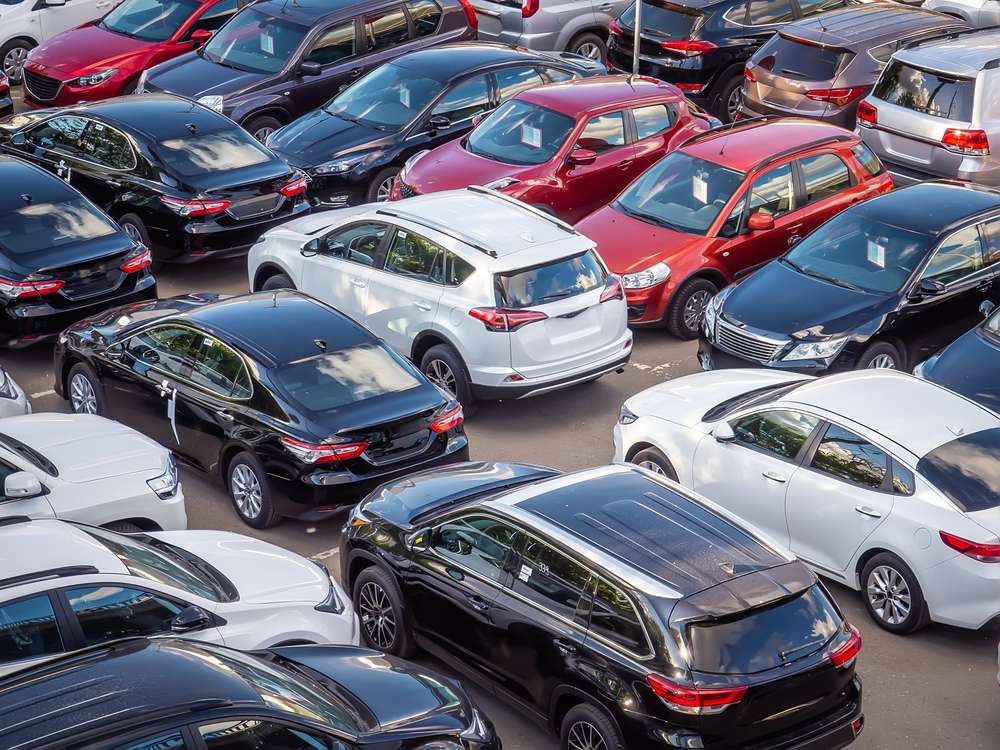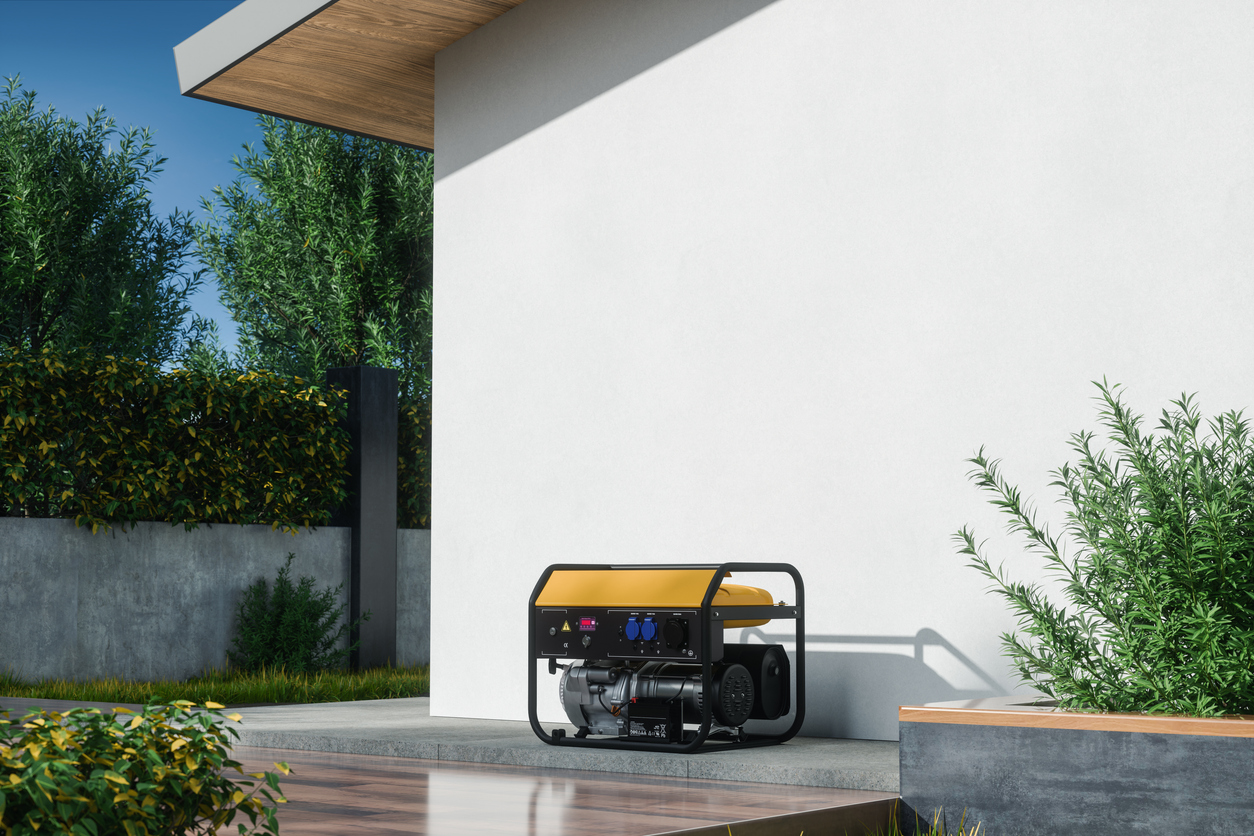Solar driveways represent a significant advancement in the integration of renewable energy into residential and commercial spaces. As concerns about climate change and energy costs continue to rise, homeowners and businesses are seeking innovative solutions to reduce their environmental impact. Solar driveways offer a unique way to harness the power of the sun, transforming what was once a mundane element of a property into a valuable energy asset.
What Are Solar Driveways?
Solar driveways are driveways equipped with solar panels embedded into their surface. Unlike traditional solar panels that are typically installed on rooftops or in open fields, solar driveways take advantage of horizontal space, converting sunlight into energy. These panels are engineered to be durable, slip-resistant, and capable of supporting the weight of vehicles. The electricity generated from the solar driveway can power the home, charge electric vehicles, or even be sold back to the grid, depending on local regulations.
The concept of solar driveways combines the functional needs of a home—such as providing a place to park vehicles—with sustainable energy production, making it an attractive choice for eco-conscious homeowners.
Benefits of Solar Driveways
One of the most compelling reasons to invest in a solar driveway is the environmental benefit. Solar energy is a clean, renewable source of power that reduces dependence on fossil fuels, thereby lowering greenhouse gas emissions. By installing a solar driveway, homeowners can contribute to a more sustainable future.
Another advantage is the potential reduction in electricity bills. The energy produced by a solar driveway can offset household energy usage, lowering monthly costs. If the solar system is connected to the grid, excess energy can be sold back, creating an additional income stream. For those with electric vehicles, solar driveways can serve as a direct energy source for charging, further enhancing cost savings.
Additionally, solar driveways can increase property value. As renewable energy becomes more mainstream, homes equipped with sustainable features such as solar power are becoming more desirable to buyers. A solar driveway can act as a selling point, offering a modern, eco-friendly appeal that sets the property apart from others on the market.
How Do Solar Driveways Work?
The technology behind solar driveways is similar to that of traditional solar panels. The photovoltaic (PV) cells embedded within the driveway capture sunlight and convert it into electricity. This electricity can either be used immediately or stored in a battery system for later use. In cases where the driveway is connected to the local power grid, excess electricity can be fed back into the grid, depending on the system setup.
A key feature of solar driveways is their durability. The solar cells are encapsulated in a transparent, tempered glass or similar material designed to withstand the elements. These panels are capable of withstanding heavy loads, such as cars and trucks, without sustaining damage. Additionally, they are equipped with anti-slip surfaces to ensure safety for pedestrians and vehicles alike, even in wet or icy conditions.
The Challenges of Solar Driveways
While solar driveways present numerous advantages, there are also some challenges to consider. One of the primary concerns is the cost. Solar driveways can be more expensive to install than traditional driveways due to the materials and technology involved. Homeowners must weigh the initial investment against the long-term savings in energy costs.
Another potential issue is efficiency. Because solar driveways are installed horizontally, they may not capture as much sunlight as rooftop solar panels, which can be angled to maximize sun exposure. The efficiency of a solar driveway also depends on factors such as location, shading from trees or buildings, and the amount of sunlight the area receives throughout the year.
Maintenance is another consideration. While solar panels in driveways are designed to be durable, they still require periodic cleaning to remove dirt, leaves, and other debris that can block sunlight. Depending on the system, homeowners may also need to monitor the performance of the panels and the inverter to ensure the system is operating optimally.
Applications Beyond Residential Use
While solar driveways are becoming increasingly popular for residential properties, they also have significant potential in commercial and public spaces. Large parking lots, for example, could be transformed into solar energy-generating areas, reducing the overall energy consumption of businesses. Cities could install solar walkways and driveways in public parks or along streets to power streetlights, reducing their dependence on conventional energy sources.
The use of solar driveways in urban planning could help cities meet their sustainability goals, reduce carbon footprints, and lower energy costs. As technology improves and becomes more affordable, it’s likely that solar driveways will expand beyond the residential market and become a common feature in commercial and public infrastructure.
The Future of Solar Driveways
As solar technology continues to advance, the future of solar driveways looks promising. Researchers are constantly developing new materials and methods to improve the efficiency and durability of solar panels. Emerging innovations such as solar roads, which are already being tested in various locations, suggest that solar driveways are just the beginning of a broader movement towards integrating solar energy into everyday surfaces.
In the coming years, it’s expected that the cost of solar driveways will decrease as the technology becomes more widespread and manufacturing processes are optimized. Government incentives and rebates for solar installations may also help offset initial costs, making solar driveways more accessible to a wider range of homeowners.
Conclusion
Solar driveways offer a forward-thinking solution to the growing demand for renewable energy. By transforming driveways into energy-generating surfaces, homeowners can reduce their carbon footprint, lower energy costs, and increase the value of their property. While there are challenges, such as cost and efficiency, the benefits of solar driveways make them a compelling option for anyone looking to invest in a sustainable future. As technology continues to improve, solar driveways may soon become a common feature in homes and cities alike.


